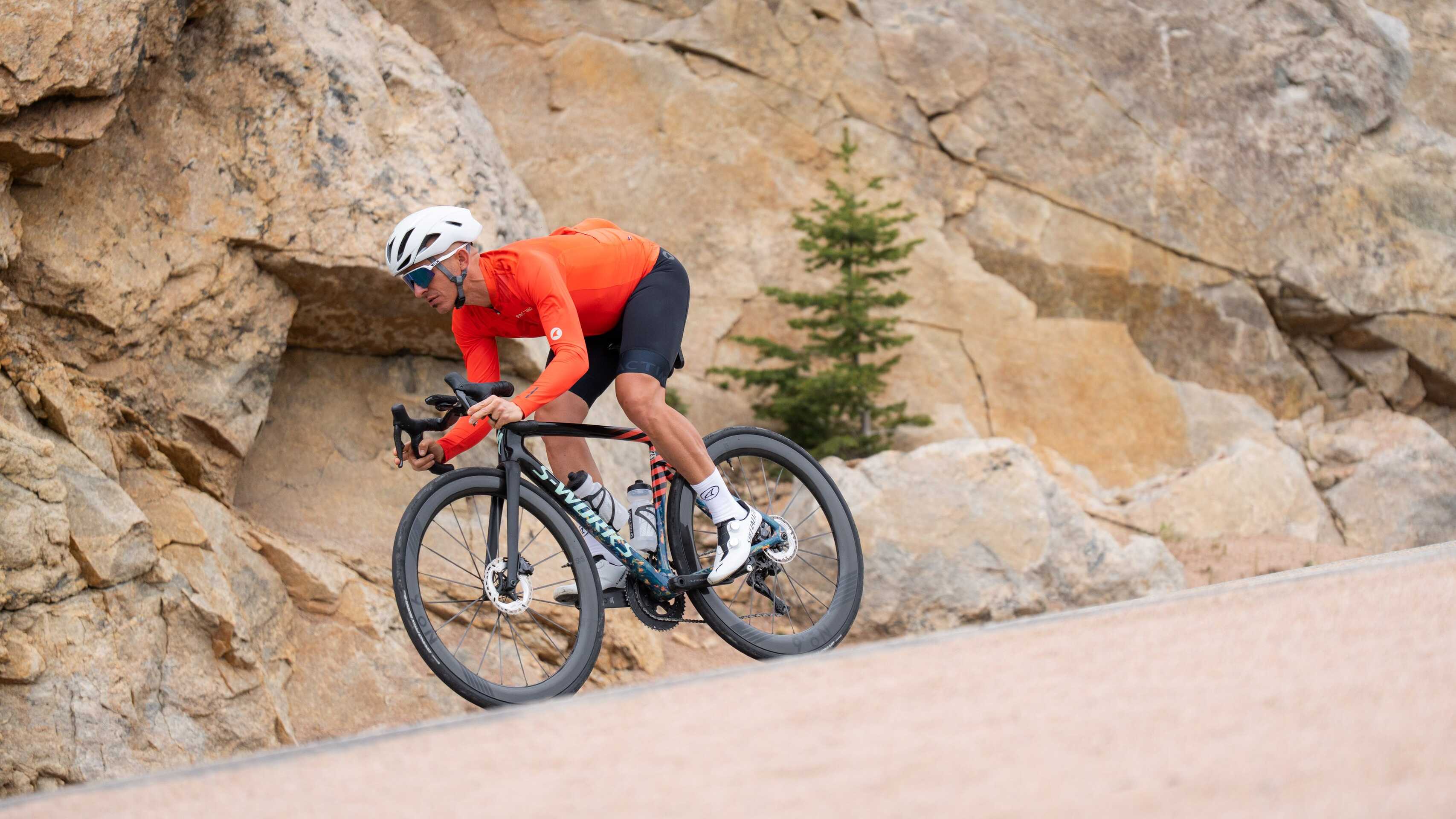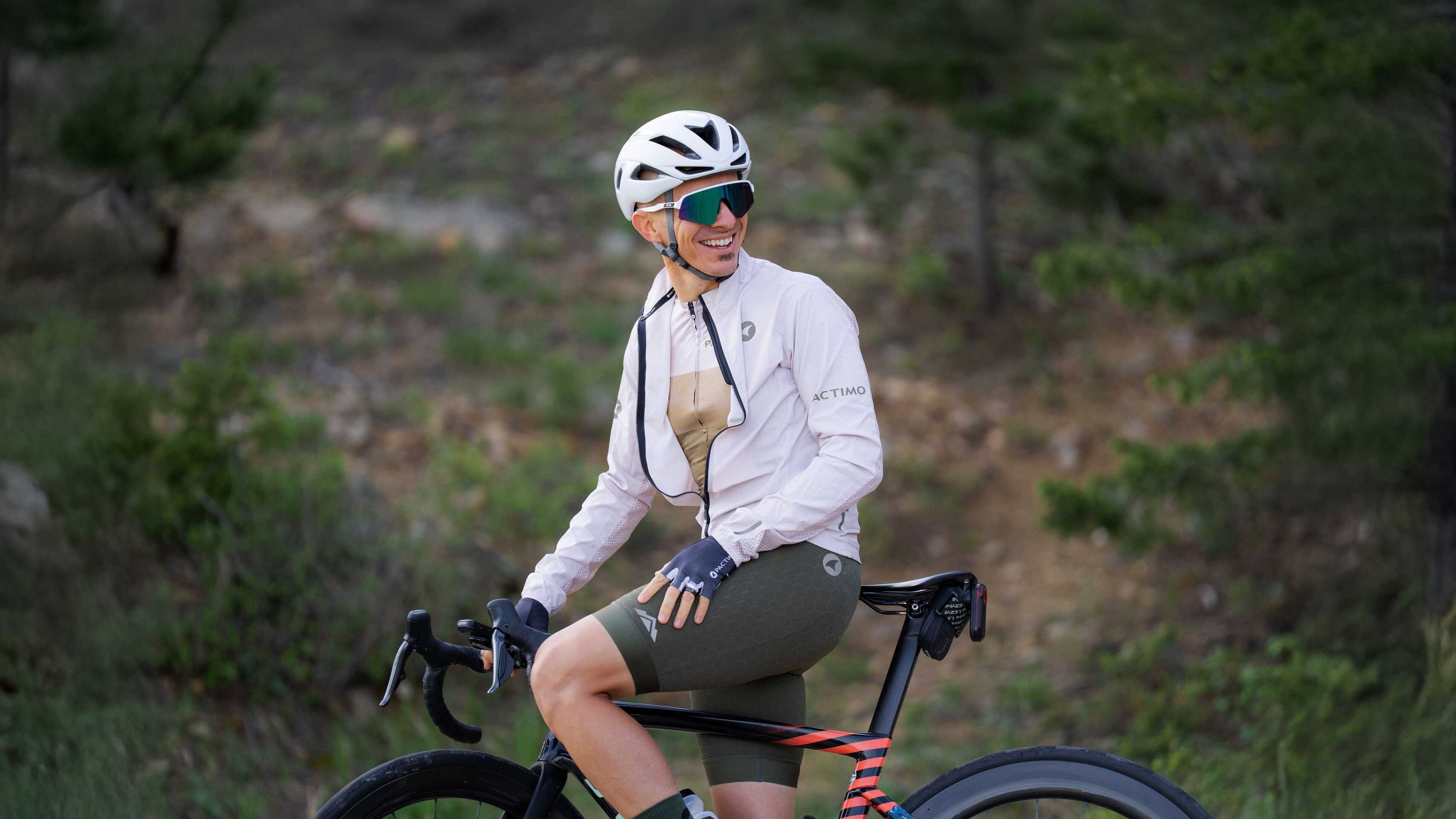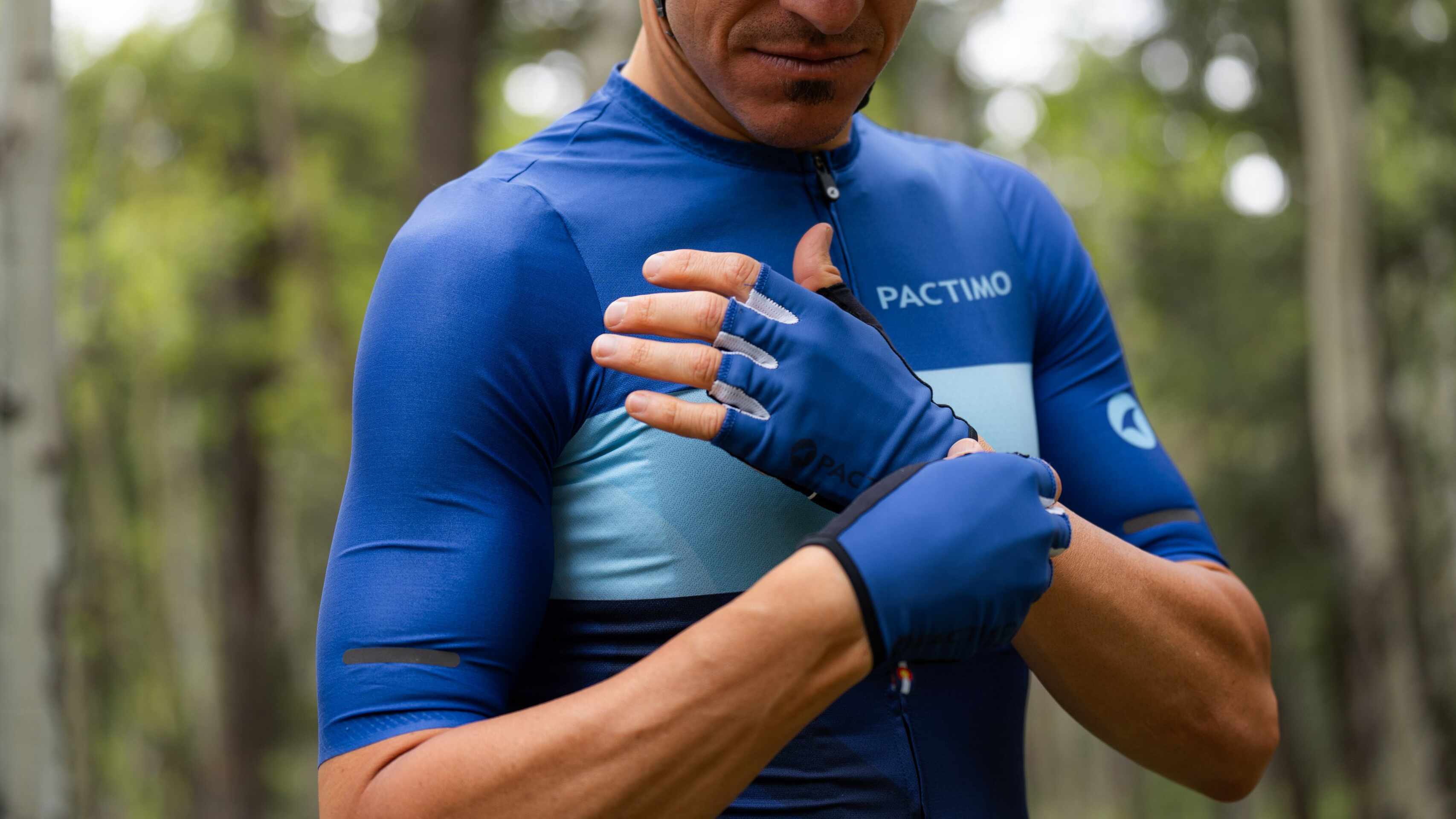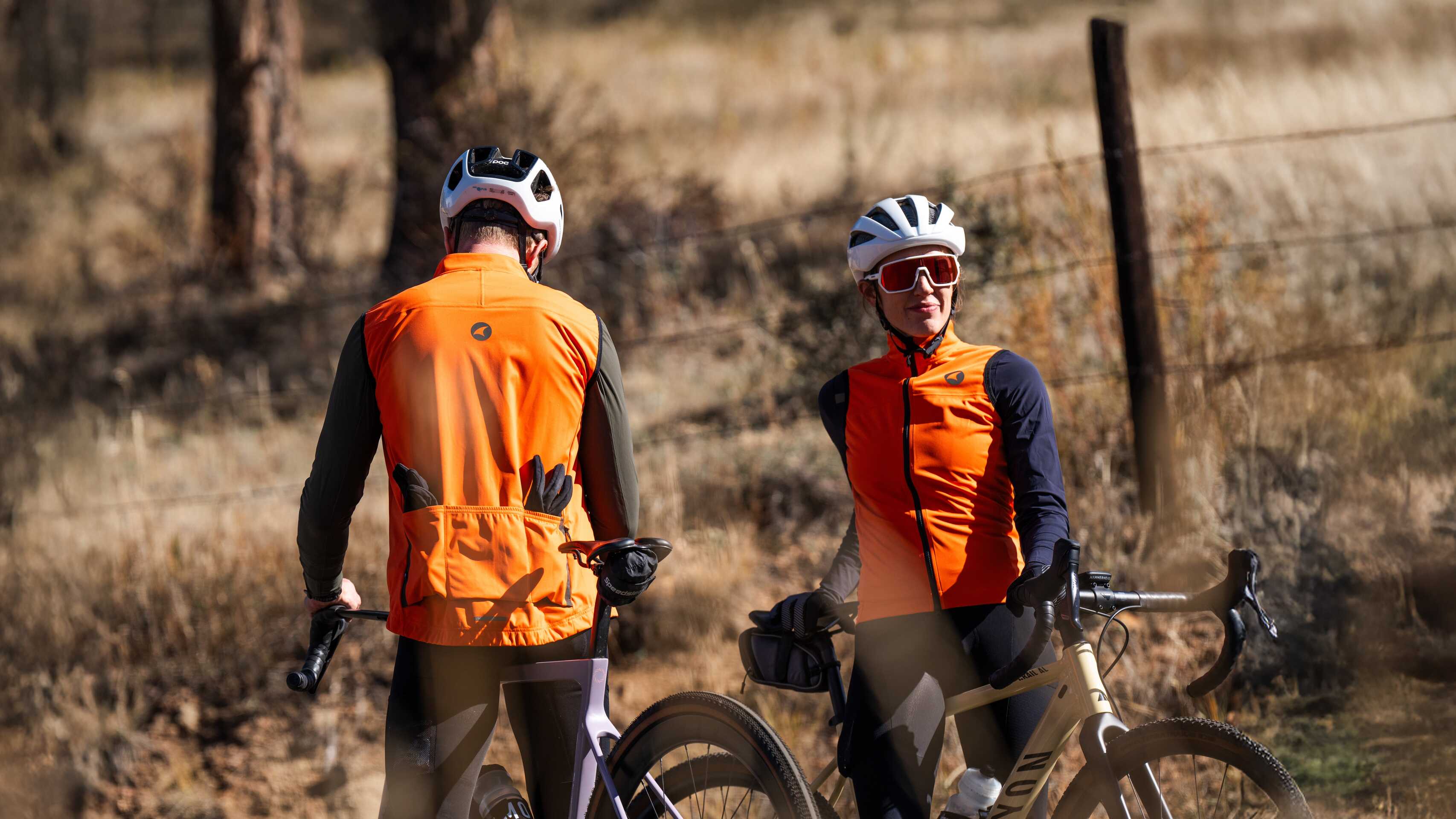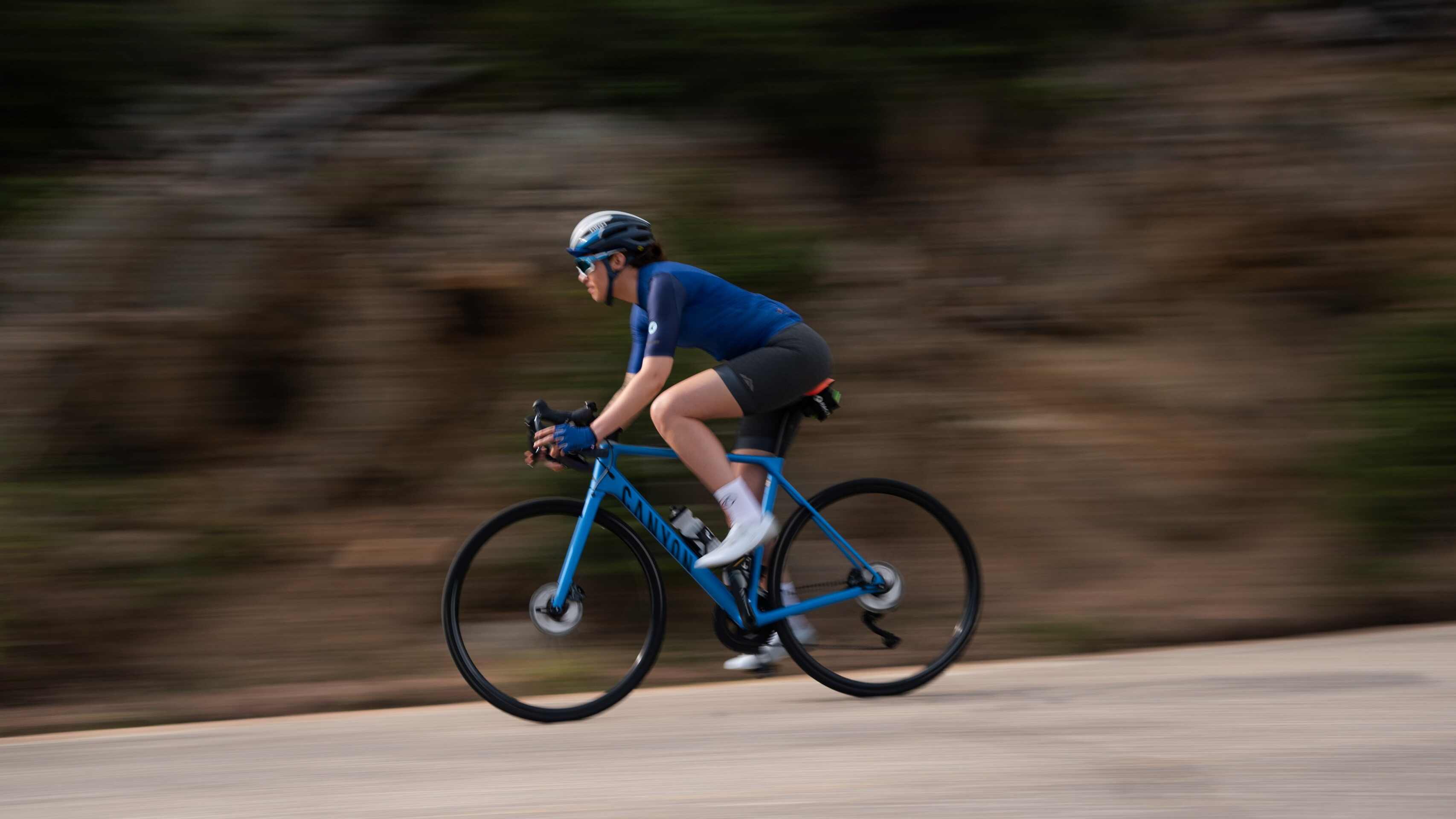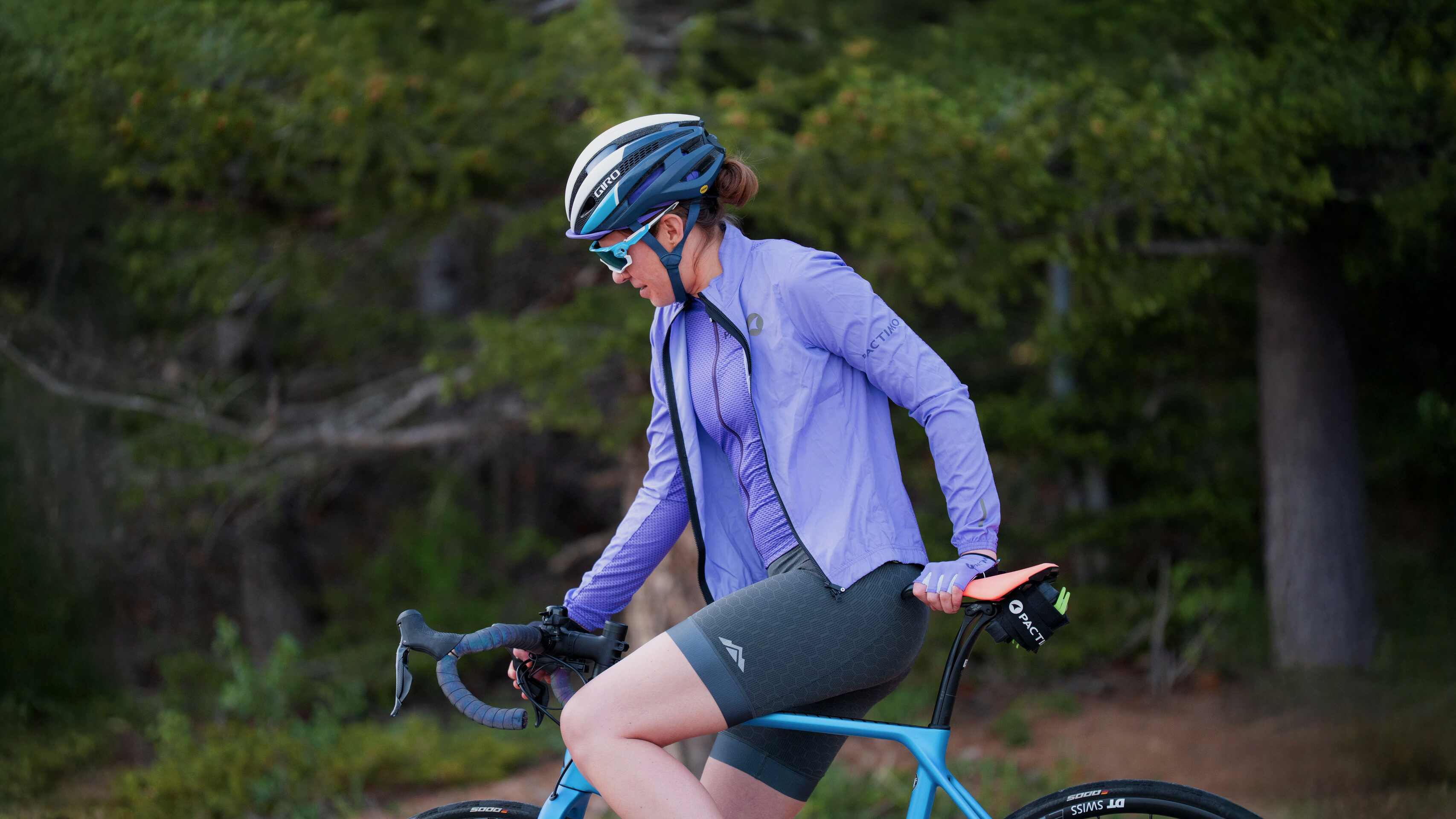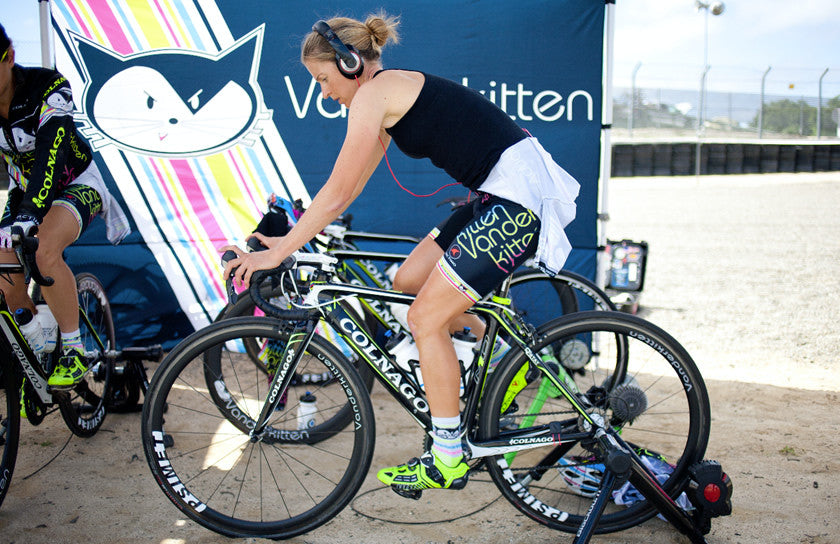Time trials are the purest of all bike races.
by Jennifer Sharp, ALP Cycles Coaching
You’re against the clock and your legs do the talking. It sounds simple in theory – the fastest person wins. But it’s far from the easiest discipline. Time trials are a true test of not only physical but mental fitness. Below you’ll find some tips that will help you in your next time trial.
1. Dial in your equipment. Preferably, several weeks before your race. Showing up to a time trial with a bike for the first time without any saddle time can spell disaster. If you can, get a professional bike fitter to assist you in dialing in your position. The shorter the TT, the more aerodynamic you’ll want to be. Equipment also includes aero helmets, booties, skin suits, etc. If you have long hair, put it in a bun and tuck it inside of your helmet or braid it. If your time trial is under an hour, take off your water bottle cage.
2. Practice, practice, practice. Once you’ve dialed in your equipment and position, you must practice being in the tucked position. It will take your body a little while to adapt to a tucked position. And riding your time trial bike in the aero position is the best way to do this.
3. Cornering. You can’t win a time trial by cornering, but you can lose it in the corners by dumping your bike, over-braking or going off course. Practice corners and 180 degree turnarounds. It’s okay to come out of the aero bars to navigate a corner. Just get back up to speed and into your bars as quickly as possible.
4. Limit your movement. Meaning, don’t look down at your computer, back behind you, in front of you and repeat. Keep your eyes forward, neck turtled and arms in the aero bars. Additional movement creates drag and extra drag slows you down. Your legs should be moving and that’s it.
5. Pre-ride the course. If you can pre-ride the course a week or more before, do it. Practice key sections and time yourself so you know how hard you need to push it during each part. Memorize sections so you know how much further you have until the finish. Visualize the course before you go to bed each night, practicing key sections in your head.
6. Time trial is about what happens between the ears. Positive self talk is critical to your success. Coming up with a mantra in practice will help you during a race. Alison came up with a great one, printed on the collar of every ALP Cycles Coaching jersey: Better. Stronger. Faster.
Have any tips you’d like to share? Please use the comment section below.
. . . . . . . . . . . . . . . .
ABOUT JENNIFER SHARP
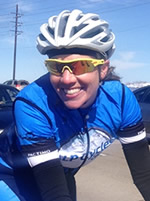 Jennifer Sharp, a USA Cycling Level 1 Coach, started racing in 2004 as a means to fulfill her competitive itch. Previously a national level boxer, she grew tired of getting hit in the head and decided to pound the pedals instead. She bought a pink Kona road bike completing several recreational rides and found herself passing as many people as possible. Since then she has multiple podiums at elite track national championships, master track national championship titles and world cup finishes under her belt.
Jennifer Sharp, a USA Cycling Level 1 Coach, started racing in 2004 as a means to fulfill her competitive itch. Previously a national level boxer, she grew tired of getting hit in the head and decided to pound the pedals instead. She bought a pink Kona road bike completing several recreational rides and found herself passing as many people as possible. Since then she has multiple podiums at elite track national championships, master track national championship titles and world cup finishes under her belt.
Jennifer, a Seattle native, joins the ALP Cycles Coaching with a background in road and track. Her experience as a USA ParaCycling team tandem pilot, part-time work at USA Cycling in the Coaching Education Department and love for all things cycling is a welcomed addition to the ALP Cycles Coaching team.
About ALP Cycles Coaching
ALP Cycles Coaching is located in the mountains of Colorado, and is a cycling coaching company with over 25 years of professional sports experience. ALP Cycles Coaching is unique in that we have 4 coaches, Alison Powers, Jennifer Triplett, and Patricia Schwager who each brings her own coaching strengths and personal experiences. We work together to create a training plan that works for each and every person. Visit them online at http://alpcyclescoaching.com
